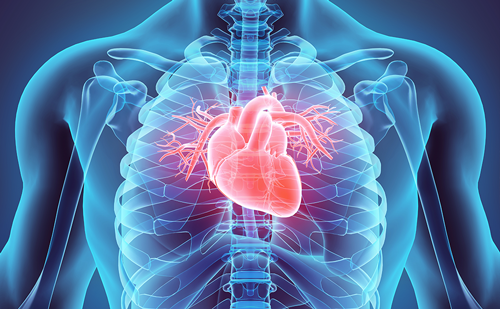Background: Contemporary clinical questions exist around the modern-day efficacy of implantable cardioverter defibrillators (ICDs) for the prophylaxis of sudden cardiac death. The increased use of anti-arrhythmic medications, beta-blockers and renin–angiotensin aldosterone system inhibitors have significantly improved clinical outcomes in heart failure patients and have been shown to reduce mortality and morbidity. Appropriate patient selection is very important when identifying those who may yield an overall survival benefit from an ICD. Clinical variables including age, comorbid status and the primary aetiology of the cardiomyopathy are important factors to consider during the patient selection process. Despite the potentially life-saving benefits, ICDs require subtle lifestyle changes that can potentially affect a patient’s quality of life. These include potential driving implications, physical exercise restrictions, and the risk of complications and inappropriate shocks. ICD discharges that are delivered inappropriately are often painful, psychologically distressing and can cause decline in cardiac function. Complications, including chronic infection and lead failure, are rare but can occur and have potential detrimental consequences.
Aims: The aim of this study was to determine the clinical outcomes for patients receiving de novo ICDs at a single tertiary centre in the North Midlands region of the UK. Through investigating the clinical outcomes, we could assess the safety and efficacy of ICD therapy across different patient populations.
Objectives: 1. To calculate the incidence of mortality and defibrillator deactivation that occurs in patients following de novo ICD implantation; 2. to calculate the incidence of acute and chronic complications that occurs following de novo ICD implantation; 3. to calculate the incidence of both appropriate and inappropriate therapy that occurs following de novo ICD implantation; 4. to calculate the difference in mortality and defibrillator deactivation between ischaemic and non-ischaemic cardiomyopathy patients.
Methods: Local electronic dating reporting systems were used to review baseline characteristics and clinical outcomes of patients who underwent ICD implantation between June 2014 and August 2015.
Results: A total of 200 patients were included in the study and mortality and/or deactivation of tachycardia therapies occurred in 58 (29%) patients during a mean follow-up period of 4.2 years. In all, 42 patients (21%) patients received appropriate therapy, 22 (52%) of whom received defibrillation. Ten patients (5%) in total received inappropriate therapy, 8 of whom experienced inappropriate shocks. Complications occurred in 17 patients overall (8.5%), 13 of which were acute and 4 were reported as chronic. Compared with those with non-ischaemic cardiomyopathy, patients with ischaemic cardiomyopathy were older (p=0.006) and more commonly diabetic (p=0.008). The clinical outcomes in terms of mortality and defibrillator deactivation were significantly different between the two populations (p=0.001), with a higher incidence of mortality and device deactivation in those with ischaemic cardiomyopathy.
Conclusion: This study provides an up-to-date review of contemporary clinical outcomes in patients with an ICD, and suggests that those with ischaemic cardiomyopathy have poorer clinical outcomes than those with non-ischaemic cardiomyopathy. ❑















